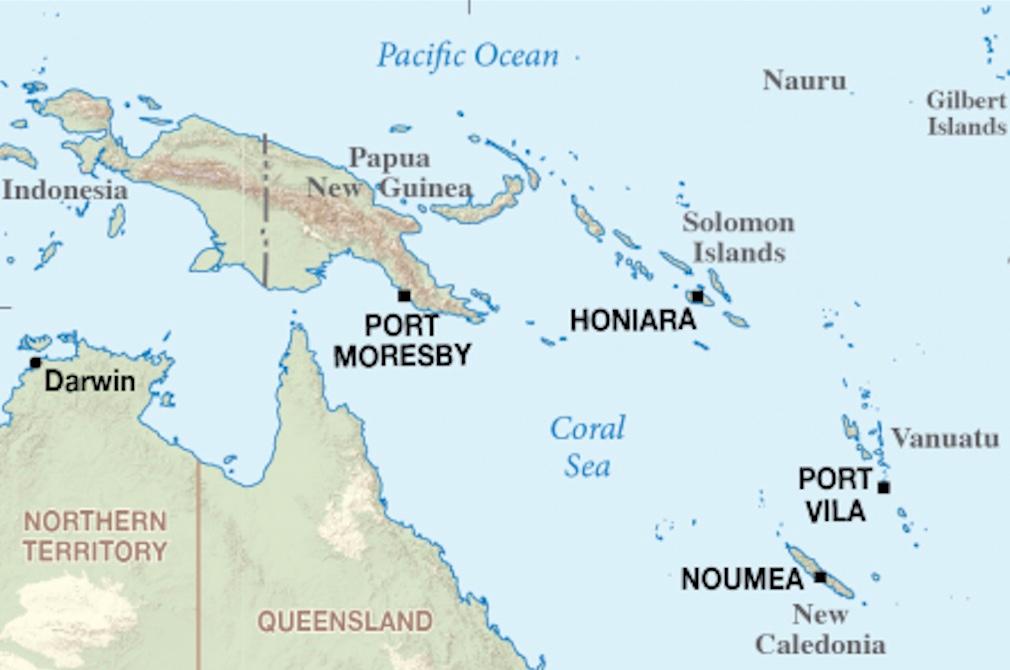Beijing’s Ministry of Commerce has promised to open the door for new wharves, shipbuilding, fishing facilities, and clean energy development in the Solomon Islands, according to a recently leaked document, hinting at the possibility that a contentious security deal could open the door for the militarization of the region.
The latest revelations come after an earlier agreement emerged involving a Beijing state-owned aviation company reaching out to the leader of the Pacific nation’s Isabel Province about potential locations to develop naval infrastructure for the Chinese People’s Liberation Army Navy.





